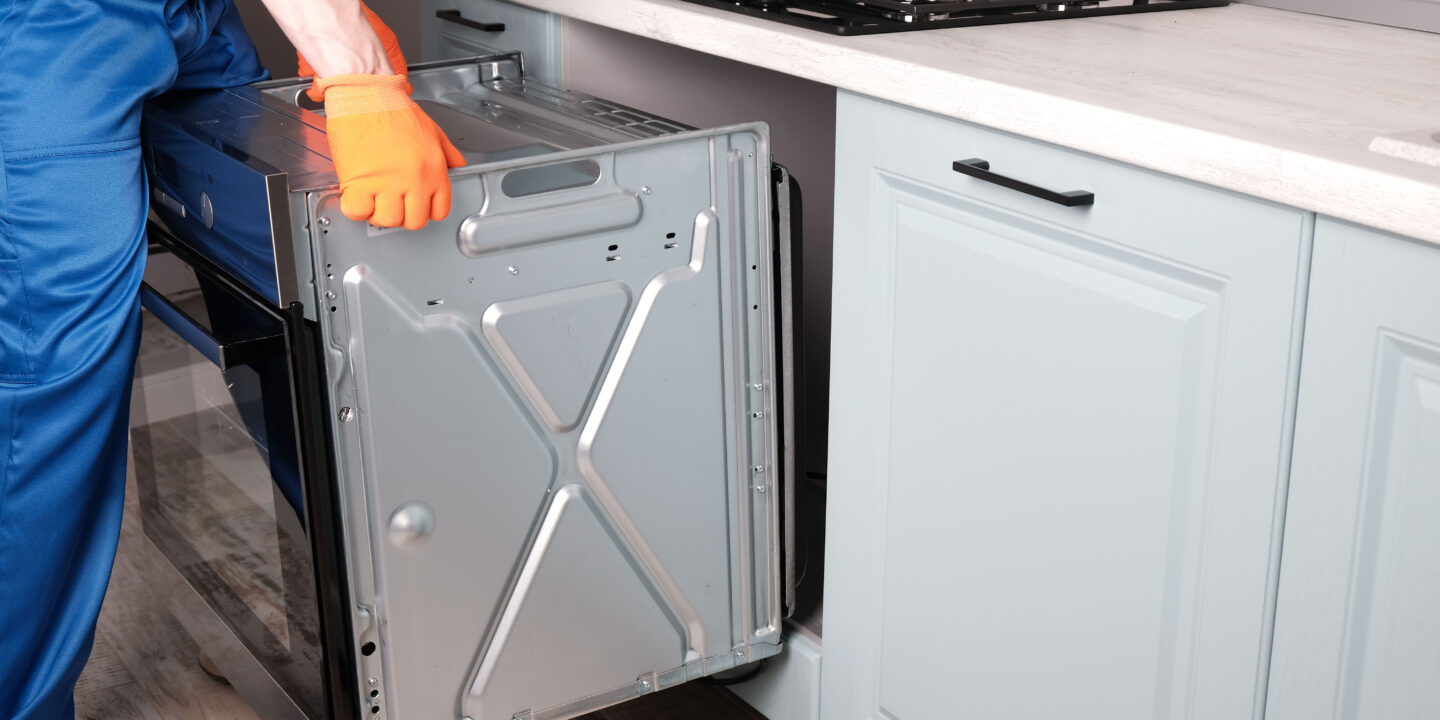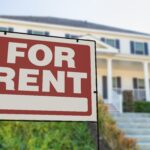
The Inflation Reduction Act (IRA) that was signed into law in 2022 included $9 billion in rebate programs to help Americans make energy efficient upgrades to their homes. This presents a tremendous opportunity for states to reduce emissions and lower energy costs for their residents. However, states need to move quickly to launch these energy rebate programs to maximize their impact.
The rebates cover a wide range of home energy efficiency improvements such as heat pumps, insulation, electric wiring, and non-solar water heaters. Homeowners can receive upfront discounts that cover 50-100% of the costs for low and middle-income households. The rebates aim to make these critical upgrades affordable for more Americans.
But David Terry, President of the National Association of State Energy Officials, believes states have been overzealous with their communications about rebates being available this summer. The rebate programs “are challenging because they were complex in nature, and then more complex,” he said in an interview.
For state energy departments tasked with administering these programs, there is a narrow window to disburse the funds effectively before the federal funding offer expires. The sooner states can launch rebate websites and begin accepting applications, the more residents they can assist in making energy efficient retrofits.
Acting with urgency avoids lost opportunities
States delaying the launch of these programs risk leaving federal dollars unspent and missing out on the greenhouse gas reductions and energy savings promised by the IRA rebates. With demand expected to exceed available funding, any delays could prevent homeowners from accessing much-needed financial assistance.
Another factor is that ramping up market demand and contractor availability for home retrofits takes time. Kicking off programs soon allows these supply-side challenges to be addressed gradually through workforce training programs rather than overwhelming the system.
Additionally, the rebates are intended to help lower energy burdens for disadvantaged communities on a rapid timeline. Any delays in making the discounts available would counter the IRA’s goal of advancing environmental justice.
States that already had similar programs in place have been able to move quicker than others, while other states are falling behind. Currently, New York is the only state to open rebate applications to residents, and only 2 other states, Hawaii and Maine, expect to begin accepting applications by the end of summer.
Meanwhile, most other states have yet to provide much information to residents and plan to apply by the January 2025 deadline.
Neighborly Software: Rapid Rebate Program Deployment
While the pressures to launch quickly are clear, state agencies cannot afford a rocky program rollout with technical glitches and administrative hurdles. This is where Neighborly Software provides a major advantage with its IRA Rebates solution.
Neighborly Software’s platform is purpose-built and pre-configured specifically for implementing residential rebate programs like those funded through the Department of Energy. It comes pre-loaded with all the complex program rules and requirements baked in, allowing state agencies to spin up an online application portal within as little as 6 weeks.
On the front end, homeowners and landlords can easily navigate the rebate application process with a user-friendly interface that handles documentation uploads, income verification, contractor selection, and more. On the back end, state program administrators benefit from automated workflows for application review, quality control, payments disbursement, and reporting.
Most importantly, Neighborly Software’s platform is ready out-of-the-box to disburse rebate payments through whichever method is preferred – ACH transfers, mobile wallet, paper checks, etc. This eliminates a huge implementation hurdle that could slow other software vendors.
With a proven platform already implementing rebate programs across the country, Neighborly can hit the ground running for IRA home energy rebates. State energy offices can have their programs operational in as little as 8-10 weeks rather than wasting months trying to develop and test a custom solution.
Now is the time for states to expedite launching their IRA home rebate initiatives by partnering with Neighborly Software. A rapid yet smooth deployment allows states to maximize the impact of this federal funding by upgrading more homes, delivering greater emissions reductions, and increasing utility bill savings for residents. This approach ensures that the program benefits those it was specifically designed to help, advancing equity and support for disadvantaged communities.








